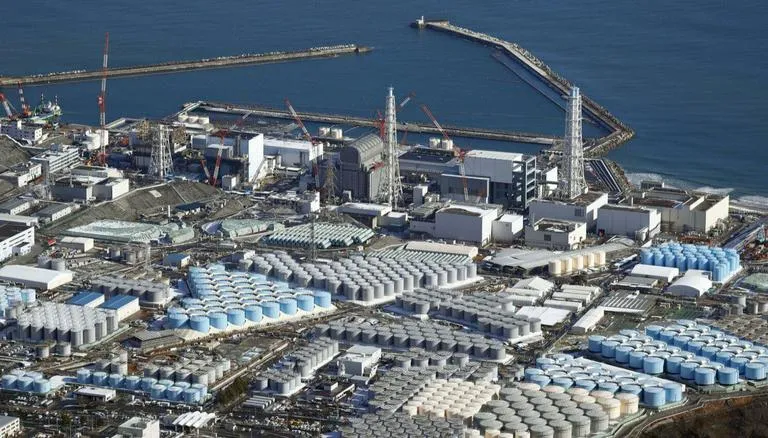In a move that has raised concerns in Japan and sparked calls for dialogue, Chinese customs authorities have refused to provide explanations regarding their recent implementation of blanket radiation testing on seafood imports from Japan. The new measures, which involve subjecting seafood imports to up to one month of clearance time, have been met with repeated requests for clarification from the Japanese government, to no avail, as per a report from Kyodo news.
The strict testing procedures come as Japan faces criticism over its plan to release treated radioactive water from the damaged Fukushima nuclear plant into the sea starting this summer. It is believed that China’s stringent testing on seafood imports is a means of pressuring Tokyo to reconsider its controversial decision.
A look at the impact
The impact of these measures is already being felt, as some Chinese businesses opt to forgo seafood imports from Japan and search for alternative suppliers. The situation has become a point of contention between the two nations, with Japan expressing “strong concern” over China’s de facto seafood import curbs. Tokyo has called for the immediate removal of these measures, noting that they run counter to the international trend of easing or lifting restrictions that followed the Fukushima nuclear disaster in 2011.
While the European Union recently announced the lifting of import restrictions on food products from part of Japan affected by the Fukushima crisis, China, South Korea, and Hong Kong remain among the 11 countries and regions maintaining such controls. Chinese customs authorities began the blanket radiation testing shortly after releasing a statement on July 7, in which they pledged to maintain vigilance and take necessary measures in response to the Fukushima water discharge plan. Beijing vehemently opposes the proposed water release, leading to the recent stringent seafood import measures.
Chinese Foreign Ministry spokeswoman Mao Ning defended their opposition to Japan’s ocean discharge plan, stating it is based on facts and reason, but did not elaborate further on the specific reasons behind the testing. In response to the situation, Japan has urged China to engage in a dialogue involving nuclear experts from both countries to address concerns related to the planned Fukushima water release. However, Beijing has yet to respond to the call for a working-level consultation.
As the bilateral relationship faces tension over this issue, Tokyo continues to investigate the details of China’s testing procedures and remains open to diplomatic channels in seeking science-based resolutions. The fate of Japan’s seafood imports and the prospect of future controls on food imports from Japan hinge on the outcomes of these discussions and the evolving dynamics between the two nations.

